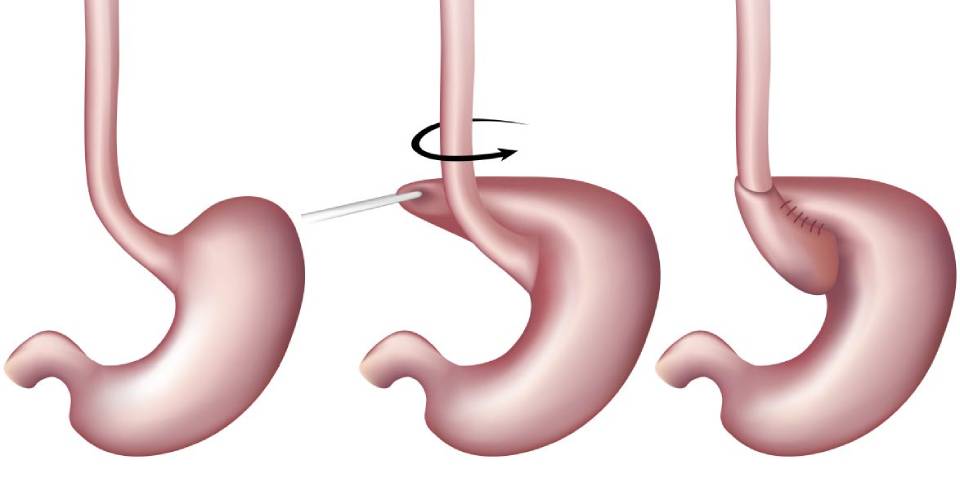
What is a Laparoscopic Fundoplication?
What is GERD?
GERD(chronic acid reflux) is a digestive system disorder that affects the esophagus. If you have GERD, your stomach acid and contents persistently flow back up through your esophagus.
GERD Symptoms:
Dr. Pinak Dasgupta will recommend laparoscopic fundoplication only after you have tried other treatment options to control your GERD symptoms, such as:
- Losing weight if you are obese or overweight
- Avoiding food that triggers reflux
- Taking medications that manage GERD and help strengthen the esophagus or stomach muscles
What happens during a Laparoscopic Fundoplication?
During a Laparoscopic Fundoplicationan anesthesiologist first gives you intravenous medication so you fall asleep. Laparoscopic fundoplication also called anti reflux surgery. During laparoscopic fundoplication, the surgeon:
- Makes four to five small incisions in your abdomen.
- Inserts a laparoscope (a small tool with a camera) into your abdomen.
- Uses camera images and tiny operating tools to wrap the upper stomach around the lower esophagus.
- Closes the incision with stitches.
People who have laparoscopic fundoplication also benefit from:
- Faster recovery.
- Less pain.
- Shorter hospital stay.
- Lesser post-operative pain
- Better cosmetic results
- Early return to work
Talk To Dr. Pinak Dasgupta:
Laparoscopic fundoplication is a surgery to treat GERD. If you have acid reflux that has not reacted to medication or other noninvasive treatment, Dr. Pinak Dasgupta may recommend surgery. Usually, surgeons use a laparoscopic approach to fundoplication. Laparoscopic surgery uses smaller incisions and results in a faster recovery. For more information contact Dr. Pinak Dasgupta.
